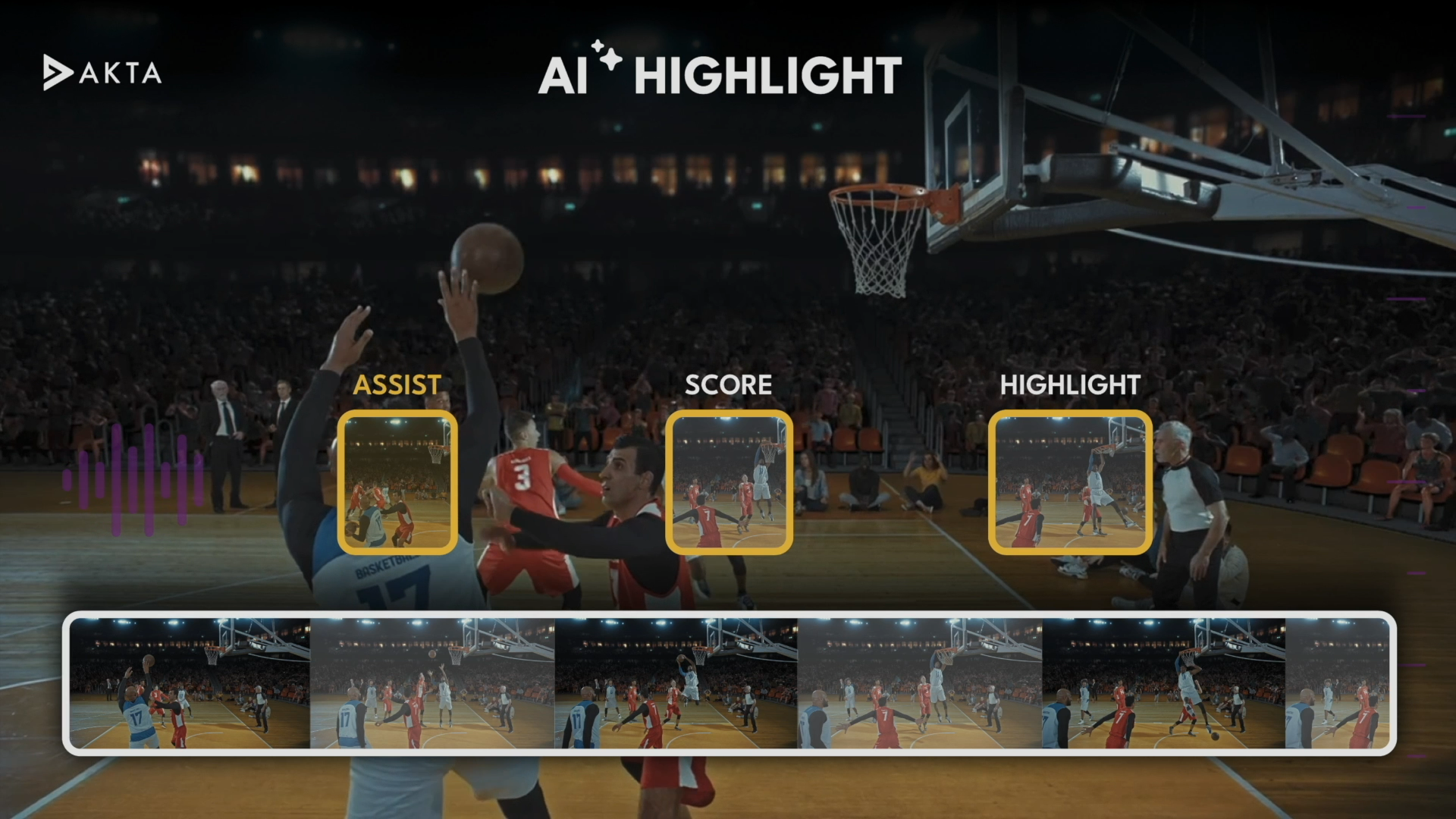The road to two-way cards gets rocky
The cable and electronics industries are working on developing a two-way card for the next-generation of TVs with card slots. However, unlike the one-way deal, satellite, technology and entertainment companies are also part of the current discussions.
A big stumbling block in the new round of talks is finding ways to protect copyrights, said participants in the meetings, who predict that an agreement on two-way cable cards is unlikely to be reached for several years.
An attempt by movie companies, pay TV operators and the consumer electronics industry to resolve issues over digital copying of subscription on-demand programming has reportedly fractured.
A major split over copying technology has developed that pits unlikely allies — the two largest pay TV services, HBO and Showtime — against the No. 3 pay TV operator, Starz! Encore, most cable operators and the consumer electronics industry.
One faction (HBO and Showtime) wants the next-generation of card technology to prevent consumers from copying premium on-demand content, while the other side wants to allow such TV content to be recorded once.
The Starz! representatives argued that since SVOD would eventually become a dominant model for TV distribution, the FCC would be setting a precedent by not allowing recording from it.
As a result of the dispute, the FCC is unlikely to make a further move on the issue, according to FCC sources, and most consumers probably will be allowed to record from HBO, Showtime and all other on-demand services for the foreseeable future.
The professional video industry's #1 source for news, trends and product and tech information. Sign up below.
However, this is a contentious issue for HBO especially, because the subscription network sees its lucrative DVD business threatened by home recording. The addition of a DVD burner in a VOD environment will make recording whole seasons of, for example, “The Sopranos,” as easy as changing channels. It could force content owners to restrict the use of their programming for on-demand services because they receive as much as one-quarter of ancillary source revenue from DVD home release sales.
Existing rules allow a copy to be made once off pay TV, like cable and satellite. If the FCC does not make a new ruling, that applies to on-demand as well. While the commission has left it to the industry to sort out, absent an FCC ruling, the industry will not be able to come to a consensus, insiders said. The consumer electronics manufacturers will not be forced to make equipment with the encoding mechanisms. Thus, the current rules will stand, allowing consumers to record on demand.
